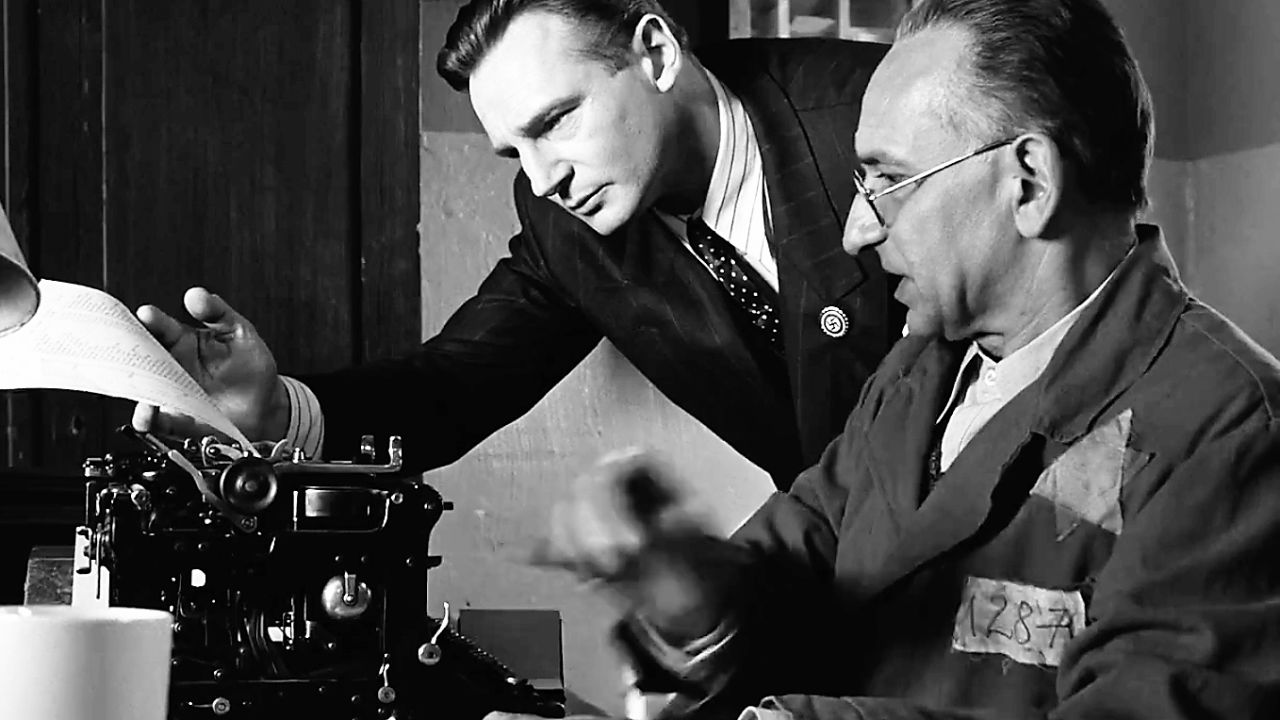
“Yeah, I had a lot of dreams. And I guess you can call me a real romantic, because I truly believe that one day, they’ll come true. So I dreamed about it for hours. As the years went by, I learnt to stop sharing them with people. They said I was dreaming. But back then, I believed it wholeheartedly.”
I’ll admit, I was a little scared to watch Monster. I’d heard all the great things about Charlize Theron’s performance and her transformation into this character, and I’m a fan of writer and director Patty Jenkins (Wonder Woman), but I was worried that the film would portray, well, a monster—a character without anything to like or attach to. There’s a place for films with highly unlikeable main characters (Hello, Scarface), but they can easily go awry and just not be enjoyable to watch. I’m happy to say I did enjoy Monster—quite a bit, in fact. Immediately, in the opening monologue, I was intrigued by the real-life character of Aileen “Lee” Wuornos, a prostitute and serial killer in Florida in the late 80s and early 90s. Yes, Charlize Theron is great in it, but there’s a lot to like here.
Continue reading “Monster”








